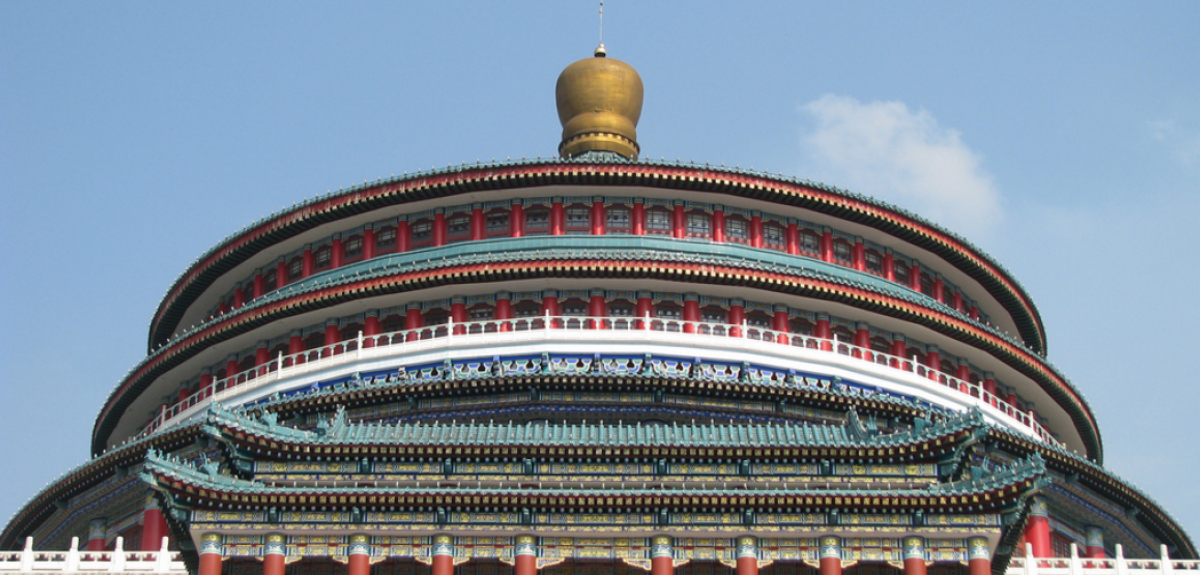
Wilson Loo Kok Wee (Flickr Creative Commons)
What to look out for at China’s National People’s Congress
The annual meeting of China’s legislature, the National People’s Congress, is taking place in Beijing this week. The meeting of China’s national legislature, which runs until March 15, is often seen as a guide for how China’s leadership is thinking.
Rana Mitter, who is Professor of the History and Politics of Modern China and director of the University of Oxford’s China Centre, expects that housing and the environment will be among the main themes of meeting.
‘A lot of the real stuff is done behind the scenes but I would expect certain themes to be spoken about,’ he says. ‘One of those is housing. As in many countries around the world, housing is becoming increasingly expensive for China’s middle class and much of the property growth in China has been fuelled by a boom in credit, which isn’t sustainable, so I’d expect to see some questions about the economy and how housing fits into that.
‘Something else they should also be talking about is the environment. It is well known that China’s cities are now suffering from incredibly bad pollution, the kind of thing that can actually force people not to go outside because they may immediately have a problem with breathing and the Chinese government knows that is not sustainable in the long term, so I hope the NPC will be talking about ways to tackle those issues.’
Professor Mitter also discussed a recent BBC story in which the reporter had his camera damaged and was forced to sign a confession for trying to interview a ‘petitioner’ – that is, someone who visits Beijing to take their grievances to the State Bureau of Letters and Calls because they have been denied justice through their local courts.
Professor Mitter says this heavy-handed response is related to the holding of the National People’s Congress. ‘This is what happens right around major events like this - Beijing goes on lockdown, so it’s disheartening but not entirely surprising to see how swiftly they have cracked down on the petitioners,’ he says. ‘At other times of the year, and particularly outside Beijing at the local level in China, you will see a certain amount more success.
‘There are various mechanisms that the petitioners can use – not just using a letter but also these days using social media and e-government to try and make their complaints known. So while it is patchy and not the same as you would have in a liberal democracy such as the UK, there is a certain amount of permeability in the system to allow complaints to get through.’
He adds that the explosion of the internet in China has made it easier for people to share and request information. ‘One of the great transformations of conversation in China in the last five to ten years has been the growth of the internet,’ he says.
‘One of the reasons it has been so important is that official media is censored strongly so trying to get a story in the People’s Daily, the main Party newspaper, would not be the best way to investigate a story. But the slightly freer media or the media that is attached to some of the very popular video sites that have millions and millions of viewers in China can be an effective way of doing that.’
Professor Mitter was speaking to the BBC’s TV programme, Impact Asia with Mishal Husain.